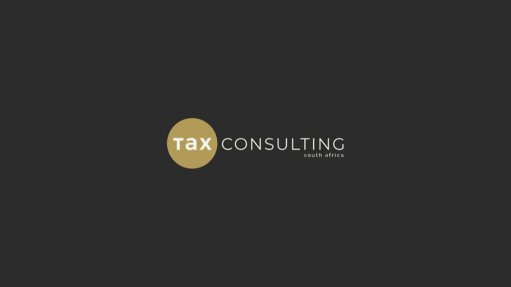
In the Preliminary revenue results announcement earlier this month, the South African Revenue Service (“SARS”) declared unprecedented revenue collection figures arising from taxpayer audits and investigations over the preceding tax year. In his compliance address, SARS Commissioner Edward Kieswetter (“Kieswetter”) reported 854 strategic taxpayer audits being conducted during the 2022/2023 tax year which yielded R5.4-billion in additional revenue collection.
Notably, targeted investigations yielded a whopping R840-million as a result of 71 luxury vehicle audits, R818-million from 285 employee tax incentive audits and R232-million from 4 lifestyle audits. This uptick in successful audits, is indicative of SARS’ ever increasing compliance drives to tackle under-declaration of income by taxpayers, spurred on by its technological advancements in-house.
SARS is watching you…
Following Kieswetter’s 2019 vision statement, SARS has continued to draw on third party information which is used to clamp down on under-declaration of income by taxpayers, in line with SARS’ strategic objective to “detect and respond to non-compliance and make it hard and costly”.
Long gone are the days where SARS relied solely on taxpayer transparency in the completion of tax returns, including the accurate disclosure of taxable income. Instead, Kieswetter’s new and sophisticated SARS has developed and deployed an arsenal of information gathering tools.
Taxpayer information is increasingly accessible from various third parties, including banking institutions, Deeds offices, vehicle licensing offices, financing houses and even social media platforms. Based on the data collected, skilled SARS auditors are able to paint a picture of some taxpayer’s lavish lifestyles.
SARS may thereafter elect to employ its artificial intelligence and data science engines to detect anomalies, by comparing the information declared by taxpayers and third-party information demonstrating ‘hidden’ wealth and assets. The returns are then flagged for verification and audit by SARS, with many taxpayers finding themselves in hot water.
A blatant example of this was in May 2020, when Hamilton Ndlovu, an established Gauteng businessman, discovered just how vigilant SARS had become, when he posted a social media video of his purchase of five luxury vehicles with a price-tag of R11-million. SARS proceeded to perform an investigation which culminated in an asset seizure operation.
Compliance is key
Ultimately, the accurate and honest disclosure of all taxable income to SARS remains the optimal solution available to taxpayers. Pro-active voluntary compliance will ensure the prevention of lifestyle audits, asset seizures and potential criminal prosecution.
In contrast, Kieswetter has again encouraged those taxpayers who have neglected, or ignored their tax affairs to come clean with SARS. Various legal mechanisms are available to non-compliant taxpayers in terms of the Tax Administration Act, however taxpayers are urged to act swiftly, before SARS’ hand is forced.
Some of the compliance options available to taxpayers include:
- the Voluntary Disclosure Programme where the under-declaration of taxable income is remedied, and taxes paid while avoiding interest and penalties;
- a Deferral of Payment Arrangement whereby any outstanding taxes may be repaid to SARS in instalments; and
- the Compromise of Tax Debt which enables eligible taxpayers to negotiate a reduction of their tax liability with SARS.
Accordingly, when taxpayers receive correspondence from SARS, taking prompt action is vital to avoid adverse consequences down the line. Enlisting seasoned tax attorneys to help navigate the complex nuances of tax legislation will streamline a taxpayer’s tax compliance, thus preventing prosecution and the loss of their luxury assets.
Written by Jashwin Baijoo, Head of Strategic Engagement & Compliance at Tax Consulting SA; Richan Schwellnus, Tax Associate at Tax Consulting SA